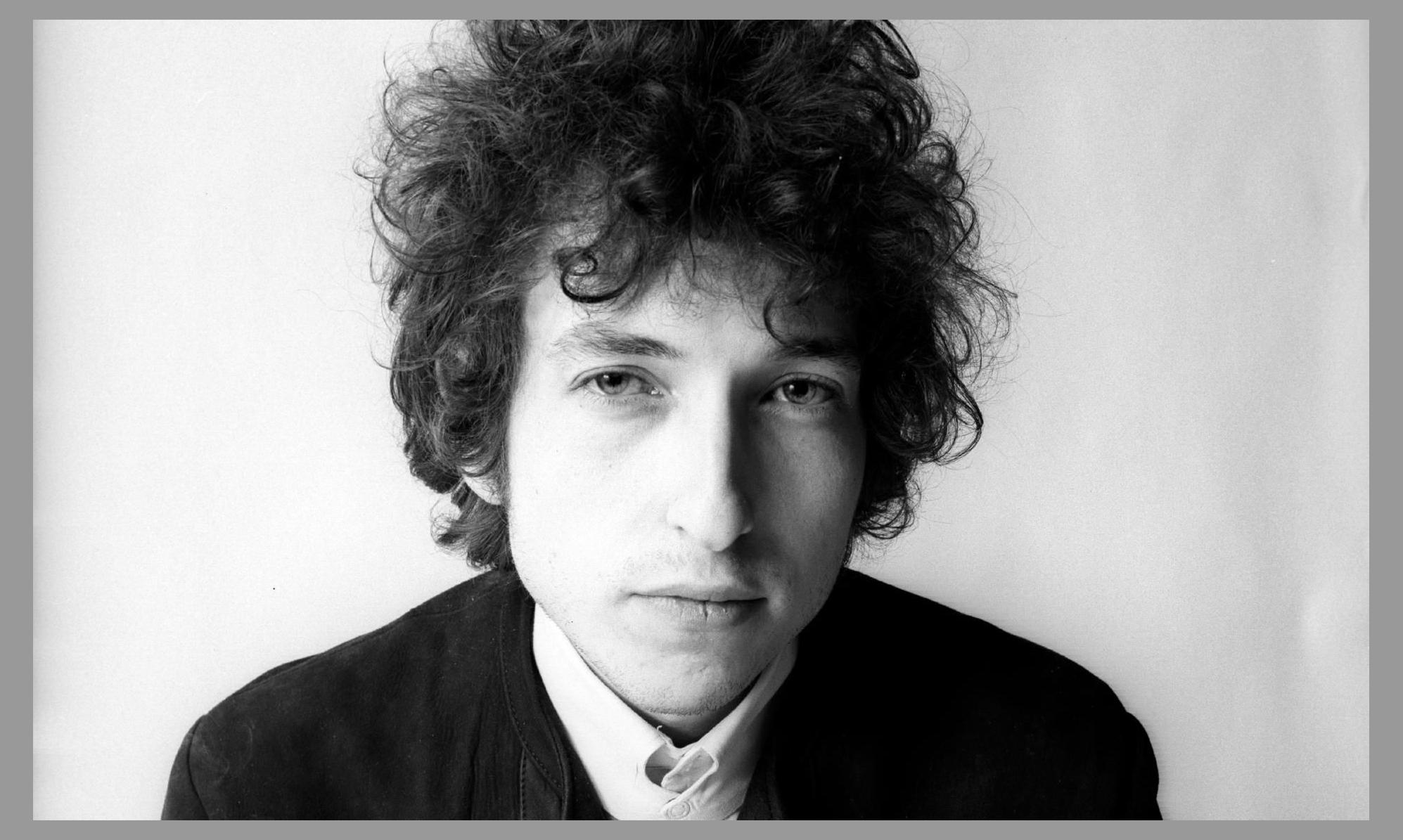 Bob Dylan
Bob Dylan
Bob Dylan: A Poetic and Controversial Troubadour
Early Life and Influences:
Born Robert Zimmerman in Duluth, Minnesota, Bob Dylan embarked on his musical journey as a young folk singer in the Greenwich Village scene of the 1960s. He drew inspiration from the works of Woody Guthrie, Pete Seeger, and the Beat Generation.
Rise to Prominence and Songwriting Genius:
Dylan's breakthrough album, "The Freewheelin' Bob Dylan" (1963), featured the iconic anthem "Blowin' in the Wind," a protest song that became a rallying cry for the civil rights movement. His poetic lyrics, often laced with social and political commentary, earned him widespread acclaim as a troubadour of the times.
Challenges and Controversies:
Dylan's journey was not without its challenges. His outspoken lyrics and experimental musical style drew both praise and criticism. The 1965 Newport Folk Festival marked a pivotal moment in his career, as he shifted away from purely acoustic folk towards a more electric sound. This change alienated some of his early supporters but ultimately expanded his audience.
Discography and Collaborations:
Dylan's prolific discography spans decades, with over 50 studio albums to his name. Notable releases include "Bringing It All Back Home" (1965), "Highway 61 Revisited" (1965), and "Blonde on Blonde" (1966). He has collaborated with numerous artists, including The Band, Joan Baez, and George Harrison.
Members:
Bob Dylan is a solo artist, but he has worked with a rotating cast of musicians over the years. Some of his most notable collaborators include:
* Robbie Robertson (guitar, songwriting)
* Rick Danko (bass, vocals)
* Levon Helm (drums, vocals)
* Garth Hudson (keyboards)
Legacy and Impact:
Bob Dylan's music and lyrics have had an immeasurable impact on popular culture. He is considered one of the most influential songwriters of all time, with his songs being covered by countless artists. Dylan's work continues to inspire and challenge audiences, serving as a testament to the power of music to evoke social and political change.
Early Life and Influences:
Born Robert Zimmerman in Duluth, Minnesota, Bob Dylan embarked on his musical journey as a young folk singer in the Greenwich Village scene of the 1960s. He drew inspiration from the works of Woody Guthrie, Pete Seeger, and the Beat Generation.
Rise to Prominence and Songwriting Genius:
Dylan's breakthrough album, "The Freewheelin' Bob Dylan" (1963), featured the iconic anthem "Blowin' in the Wind," a protest song that became a rallying cry for the civil rights movement. His poetic lyrics, often laced with social and political commentary, earned him widespread acclaim as a troubadour of the times.
Challenges and Controversies:
Dylan's journey was not without its challenges. His outspoken lyrics and experimental musical style drew both praise and criticism. The 1965 Newport Folk Festival marked a pivotal moment in his career, as he shifted away from purely acoustic folk towards a more electric sound. This change alienated some of his early supporters but ultimately expanded his audience.
Discography and Collaborations:
Dylan's prolific discography spans decades, with over 50 studio albums to his name. Notable releases include "Bringing It All Back Home" (1965), "Highway 61 Revisited" (1965), and "Blonde on Blonde" (1966). He has collaborated with numerous artists, including The Band, Joan Baez, and George Harrison.
Members:
Bob Dylan is a solo artist, but he has worked with a rotating cast of musicians over the years. Some of his most notable collaborators include:
* Robbie Robertson (guitar, songwriting)
* Rick Danko (bass, vocals)
* Levon Helm (drums, vocals)
* Garth Hudson (keyboards)
Legacy and Impact:
Bob Dylan's music and lyrics have had an immeasurable impact on popular culture. He is considered one of the most influential songwriters of all time, with his songs being covered by countless artists. Dylan's work continues to inspire and challenge audiences, serving as a testament to the power of music to evoke social and political change.